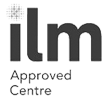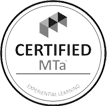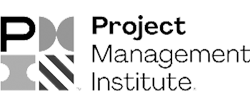Conflict Handling Master
 In-Person/Online
In-Person/Online
 3 Days
3 Days
 English/Arabic
English/Arabic
Learning Objectives
![]() Identify the conflict and what conflict resolution means
Identify the conflict and what conflict resolution means ![]() Familiarity with the phases of the conflict resolution process
Familiarity with the phases of the conflict resolution process ![]() Identify the five main styles of conflict resolution
Identify the five main styles of conflict resolution ![]() Explore how Emotional Intelligence (EQ) is relevant to managing conflict
Explore how Emotional Intelligence (EQ) is relevant to managing conflict ![]() Define how to analyze your personal strengths & weaknesses in Emotional Intelligence
Define how to analyze your personal strengths & weaknesses in Emotional Intelligence ![]() Master communication tools such as the agreement frame and open questions
Master communication tools such as the agreement frame and open questions ![]() Define how to use conflict resolution tools to prevent conflict.
Define how to use conflict resolution tools to prevent conflict. ![]() Strategic Disputes Management
Strategic Disputes Management
 In-Person/Online
In-Person/Online  3 Days
3 Days
 English/Arabic
English/Arabic
Learning Objectives
![]() Identify the role of office managers and the main responsibilities.
Identify the role of office managers and the main responsibilities.![]() Use several tools to plan, manage time and priorities.
Use several tools to plan, manage time and priorities.![]() Practice planning office requirements.
Practice planning office requirements.![]() Prepare effective meeting documentation.
Prepare effective meeting documentation.![]() Discuss administrative processes and procedures.
Discuss administrative processes and procedures.![]() Present the information/reports in several formats.
Present the information/reports in several formats.![]() Recognize the impact of stakeholders and manage their communication.
Recognize the impact of stakeholders and manage their communication.![]() Identify different behavioral styles for better communication.
Identify different behavioral styles for better communication.
Modules
Our Partners





